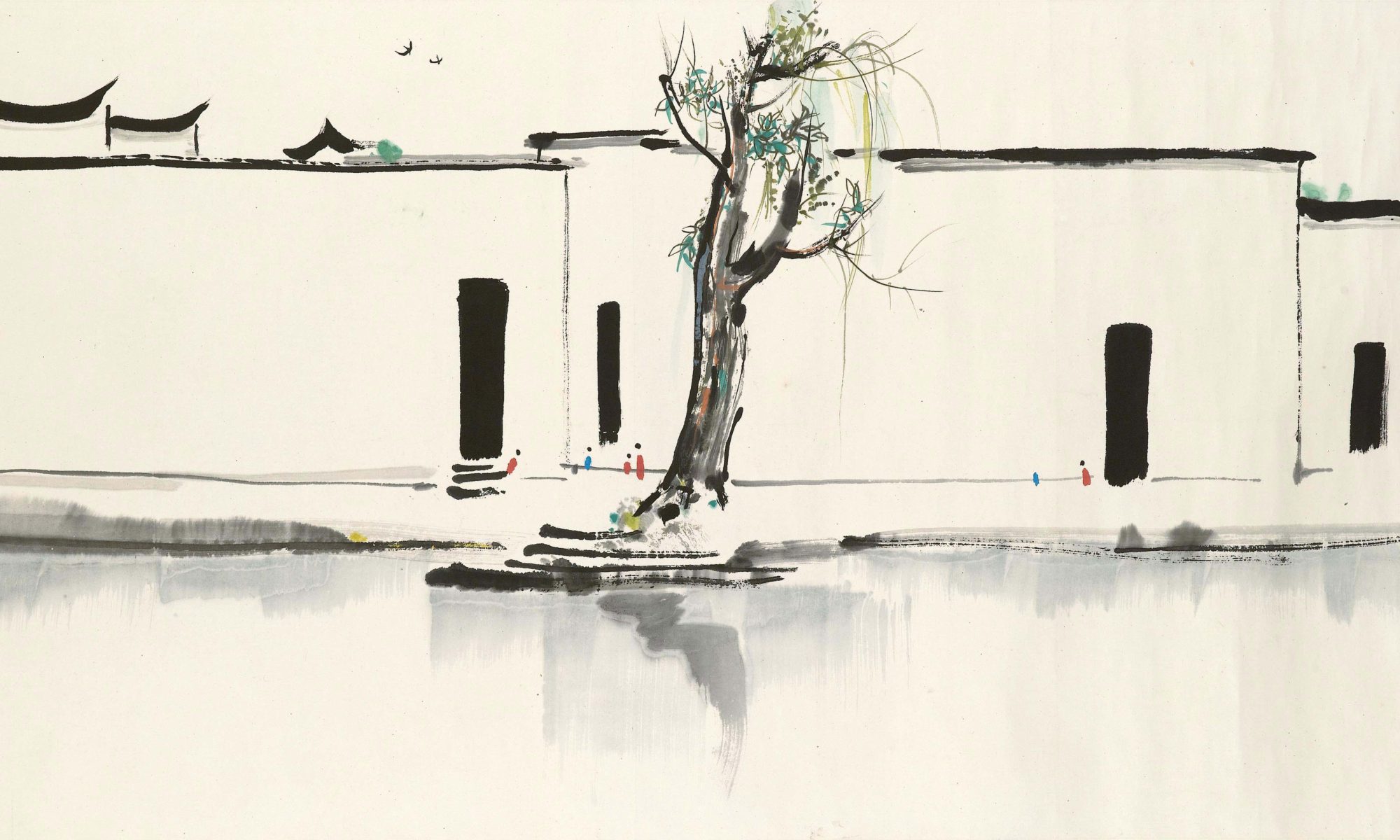
21 Lessons for the 21st Century is the latest book I read by Yuval Noah Harari. His first two famous books both got me really started to look into our world in a much different light. The format of this book is a little bit different from the last two as it composed of 21 different chapters on topics that the author found most relevant in our contemporary world. Most of the first half part of the book regrettably repeats most of the ideas he covered in Homo Deus, his second book that explored our future that would be dominated by superhuman with the advancing of the combination of biotechnology and big data.
The ideas were refreshing when I read for the first time as it suggests that homo sapiens are slowly letting algorithms take over our daily life; to make a decision for us. It challenges the idea of free will. I found that the most appealing concept in 21 Lessons, instead, is the idea of truth. It contends that the world is getting so complicated that no one person, not even the leader of the most powerful state in the world, is able to grasp its full picture or dynamic. Media is getting so one-sided they are not dependable for accurate information. As thirty years ago, Noam Chomsky, in his book Manufacturing Consent, had already done a good job in explaining how the media industry works, especially in America, to make it impossible for a neutral and factual reporting. Harari is a historian that he supported his analysis with many famous historical events that were caused by fake news or propaganda. It is especially relevant to our contemporary world as we are not dealing with a village of people like our ancestors’ thousands of years ago but a tightly connected world with a population of seven billion people. The social media overwhelms us with information brews the lazy habit of reading only sensational headlines and listening to third-party digestion of news. This distanced us further and further from reality and the truth. What can we do then? Harari offers some advice that I think it is better to read the book, instead of from here recounted by a third person like me.

